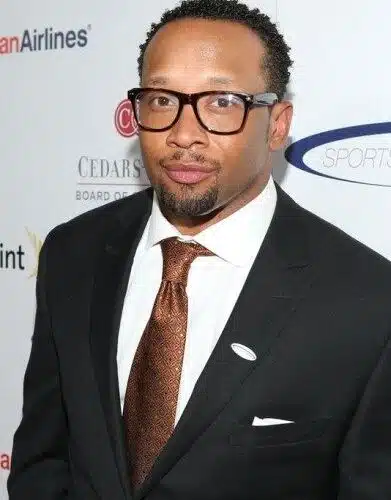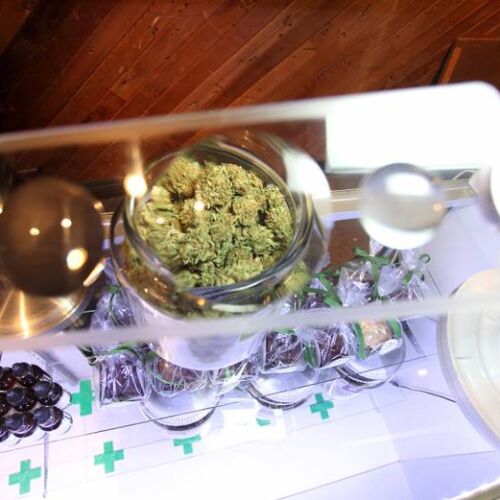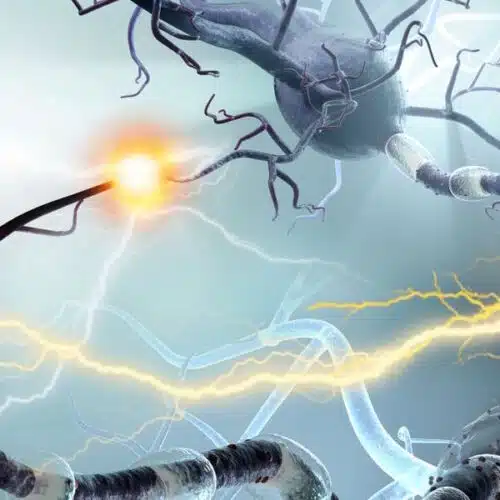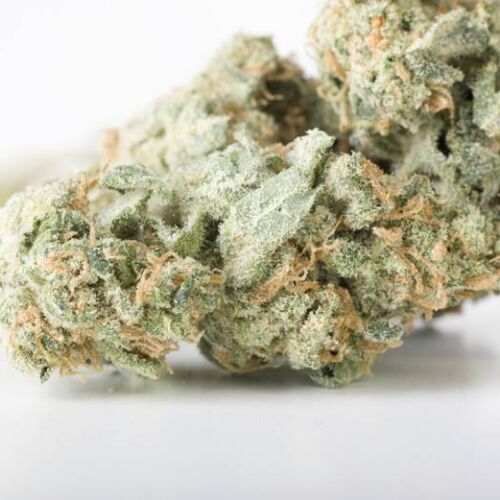NFL Players Use Cannabis For Pain And Head Trauma
Former NFL players pushing for Medical Marijuana include running back Jamal Anderson, who insists that cannabis is something that players use to cope with pain and help recover from head trauma. He insists that the amount of players that use cannabis has increased since he was in the league from 1994-2001.

It’s at least 60 percent now and that’s bare minimum. That’s because players today don’t believe in the stigma that older people associate with smoking it. To the younger guys in the league now, smoking weed is a normal thing, like having a beer. Plus, they know that smoking it helps them with the concussions.
The use of marijuana both medical and recreational is banned by the National Football League. Many players have turned to smoking it for a variety of reasons; some claim to relieve pain from injuries. These players are facing fines and punishment.
This is a medicine, it’s been used for thousands of years, and it’s helping particular ailments for football players in big ways.
The use of marijuana in any form is prohibited by the league’s collective bargaining agreement, something that Turley says needs to change.
Turley played in the NFL with the Saints, Rams, and Chiefs. He sustained several injuries including a blown out knee, and a back and shoulder injury. He says he can accept this reality of the game, but what he doesn’t accept is the method of treatment being used in the NFL.
They should be using it in much more smarter ways, being able to speak with their doctors about it to help recover from their injuries sustained on the football field with a medicine that is non-addictive, I’ve walked away from it many times.
In the NFL he says prescription pills are taken like candy, and those pills often create more problems and ailments, he says this is something that cannabis does not do.
“They have led from long term use to very negative side effects surfacing, those things on those bottles are very real when they put a side effect of suicide, depression, anxiety, those things start to happen years into that use and sometimes quickly into that use,” said Turley.
Between 2012 and 2014, 690 players were diagnosed with concussions — and that number is probably actually much higher. According to the American College of Sports Medicine, 85 percent of sports related concussions go undiagnosed.
With 1700 NFL players, 60 percent equates to 1020 players that potentially use cannabis for pain and/or recreational use. How are so many players able to use weed without violating the leagues substance abuse policy?
Players that aren’t in a testing program, due to previous documented use, are only tested once a year — usually during training camp. Once players pass the test, they are then able to use cannabis freely for the rest of the year without the risk of testing.
Players that are in a testing program are subject to drug testing up to ten times per month. Often times, players that test positive are susceptible to harsher punishments than players that use steroids or commit domestic violence. Josh Gordon of the Cleveland Browns is facing a similar one year ban for smoking weed as Adrian Peterson of the Minnesota Vikings did for child abuse.
Bleacher report interviewed several NFL players and assistant coaches that said the players association and the NFL have a “wink-wink” policy and don’t want tougher cannabis policies because so many players would test positive.
The NFL has offered former players $765 million to settle a lawsuit, charging the NFL with knowingly concealing a link between traumatic brain injuries and pro football. Former players such as Junior Seau, Mike Webster, Terry Long and Andre Waters all committed suicide after suffering from chronic brain injuries incurred while playing pro football.
One former player claimed that he didn’t use the drug early on in his career, but was later convinced by a trainer to use it because of a particularly severe concussion.
“The headaches went on for three days. I always tell people that I understood why some guys with head trauma want to take their own lives. It’s miserable.”
The player, who wished to remain anonymous, believes that cannabis helped extend his career; not only allowing him recover quicker from concussions, but also potentially prevented him from committing suicide.
Prominent Harvard psychiatrist Lester Grinspoon claims that cannabis can be a promising treatment for NFL players or anyone with long term head trauma. Dr. Grinspoon even wrote a letter to the NFL commissioner imploring him to support research on cannabis as a treatment for brain injuries.
The only pain management option that the NFL officially accepts is the use of prescription pain killers. Pharmaceutical pain killers are highly addictive, have much worse side effects, and in some cases have arguably have less therapeutic abilities than weed.
Every day, 44 people die from prescription pain killer overdose. Meanwhile, in the entire history of the human existence, not one person has died from overdosing on cannabis smoke. So, for the players’ sake, the NFL should end its war against weed.


